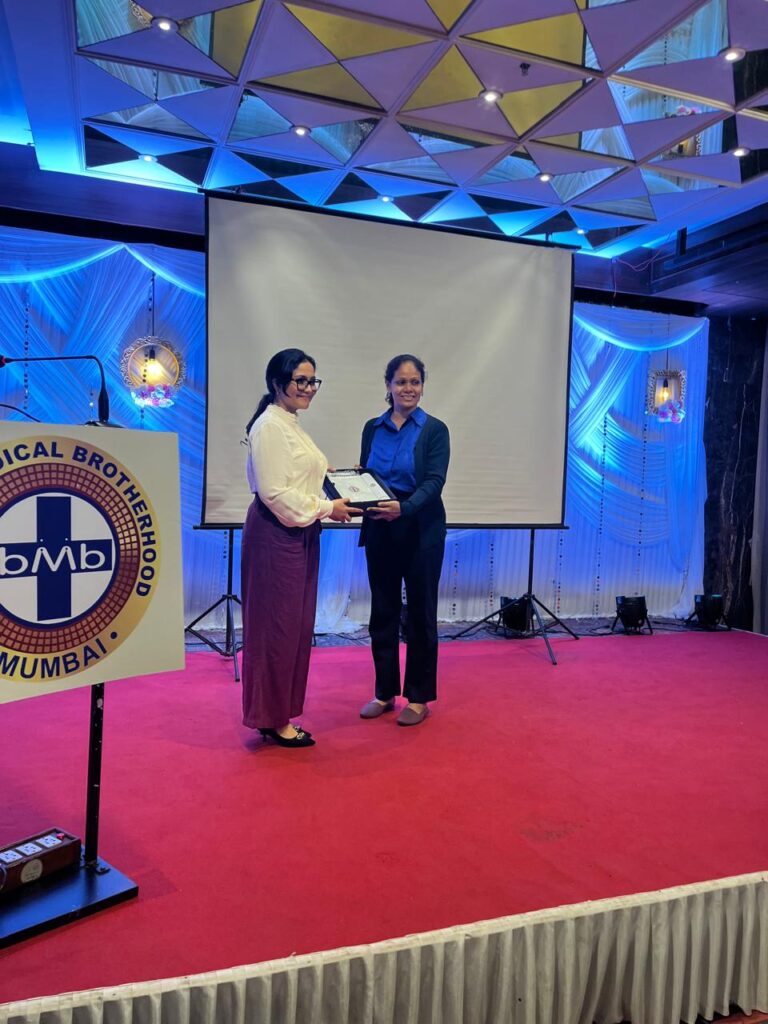Lung cancer remains one of the most common cancers worldwide, and Lung Cancer Awareness Month highlights the importance of early detection, prevention, and treatment advancements. As a cancer specialist, I’m excited to share insights into the latest trends and breakthroughs that are shaping the fight against lung cancer.
Progress in Early Detection and Screening
Early detection is crucial for improving lung cancer outcomes. New screening technologies, especially low-dose CT scans, have become more widespread in recent years, allowing for the early identification of high-risk individuals. Studies show that low-dose CT scans can reduce lung cancer mortality by detecting tumors at a treatable stage. There’s also consideration for expanding screening guidelines to include younger, higher-risk individuals, such as long-term smokers, which could broaden access to lifesaving early detection.
Innovations in Immunotherapy and Targeted Treatments
Immunotherapy and targeted therapies are transforming lung cancer treatment. Immunotherapy activates the body’s immune system to target cancer cells, while targeted therapies focus on specific mutations within cancer cells, such as EGFR or ALK mutations. These therapies have shown promising results, particularly for advanced-stage lung cancer. Recent advancements in combination therapies further enhance immune response, improving survival rates and quality of life for patients.
Minimally Invasive Surgical Techniques
For patients needing surgery, minimally invasive techniques like Video-Assisted Thoracoscopic Surgery (VATS) and Robotic-Assisted Thoracic Surgery (RATS) are gaining traction. These methods reduce recovery time and minimize complications, allowing patients to resume normal life sooner. For early-stage lung cancer patients, these techniques offer a less invasive yet effective way to remove tumors.
Role of Artificial Intelligence in Diagnosis and Treatment
Artificial Intelligence (AI) is making a significant impact in medical fields, including lung cancer care. AI can assist in early diagnosis by analyzing CT scans with greater precision and speed. Furthermore, AI tools are being developed to predict patient outcomes and tailor personalized treatment plans, aiding oncologists in making more informed decisions. As AI technology evolves, it is expected to play an even larger role in lung cancer care.
Increased Focus on Smoking Cessation and Preventive Strategies
Smoking remains the leading cause of lung cancer, emphasizing the need for preventive efforts. Numerous public health initiatives now focus on smoking cessation, particularly among younger populations. These programs are increasingly supported by digital tools, such as mobile apps and online counseling, making quitting more accessible. Awareness campaigns also continue to educate the public about the dangers of smoking and secondhand smoke, essential steps in reducing lung cancer incidence.
As we observe Lung Cancer Awareness Month, these advancements underscore the commitment to improving outcomes for those affected by lung cancer. With ongoing research, innovative treatment options, and preventive efforts, the medical community is continuously moving closer to better managing—and ultimately defeating—lung cancer. Staying informed on these trends empowers patients and their families to explore the best available options, offering hope and direction in the fight against this challenging disease.



